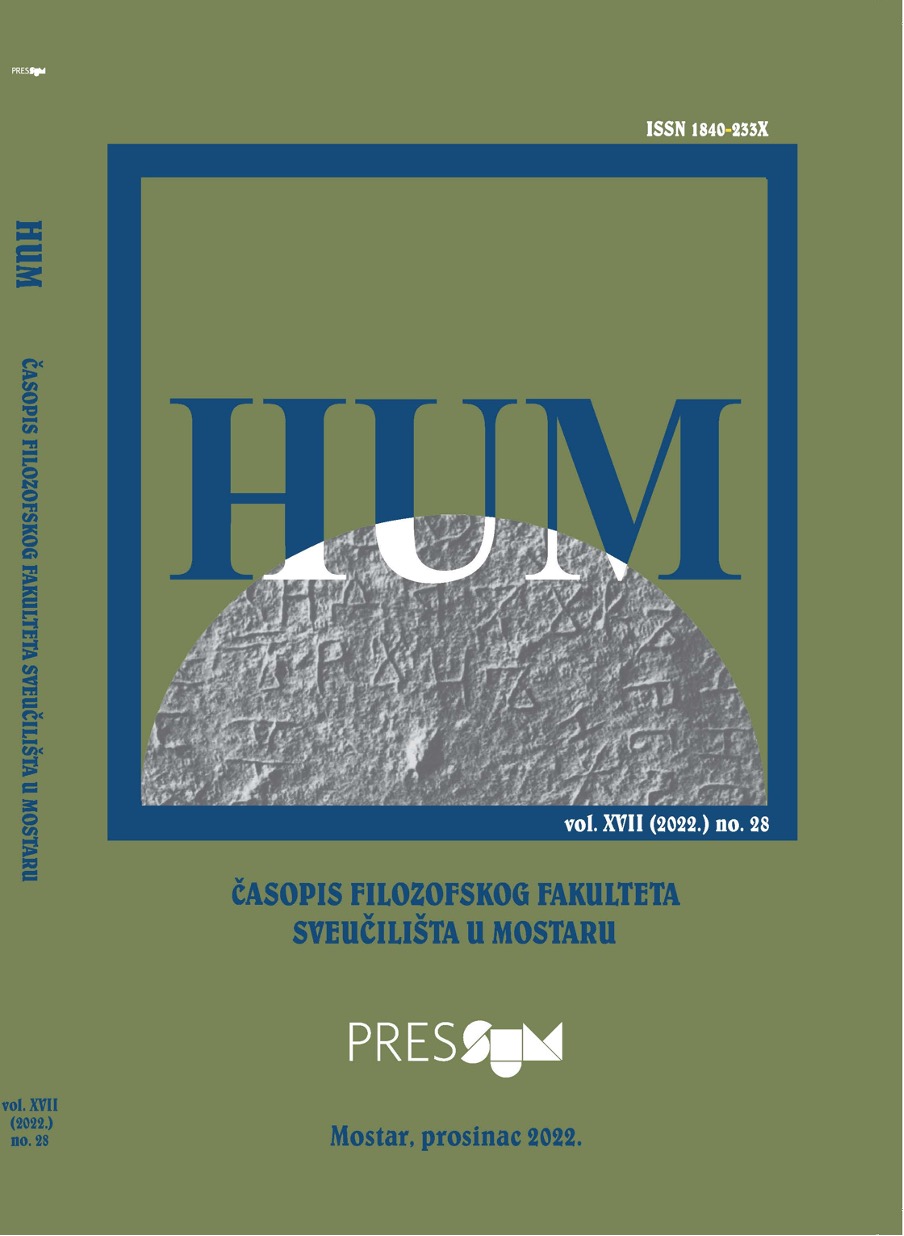MILTON’S SUBVERSION OF THE GREEK TRAGIC FORM IN SAMSON AGONISTES
MILTON’S SUBVERSION OF THE GREEK TRAGIC FORM IN SAMSON AGONISTES
Author(s): Denis KuzmanovićSubject(s): Language and Literature Studies, Comparative Study of Literature, Theory of Literature
Published by: Filozofski fakultet Sveučilišta u Mostaru
Keywords: morality; Samson Agonistes; Aristotle; Poetics; Sophocles; Oedipus at Colonus; tragedy; structure; Samson; ambiguity;
Summary/Abstract: When it comes to analyzing Milton’s moral vision in his major works, his tragedy Samson Agonistes is something of a curiosity. Unlike in Milton’s other major two works, the epics Paradise Lost and Paradise Regained, where themes of morality, sins, punishment and redemption are relatively clear, the situation in Samson Agonistes becomes increasingly ambiguous the more we entangle ourselves with the enigmatic nature of the Old Testament judge Samson, here presented as a tragic protagonist in Milton’ first and only tragedy, published in 1671. An especially interesting issue to consider is Milton’s treatment of the classical tragic structure and conventions in his own play, which is the topic of this discussion. These elements which Milton subverts, modifies and adheres to give Samson Agonistes an intriguing structure that tells a story of its own, a story of a peculiar protagonist whose moral expression starts to assume a mutability which, artistically speaking, establishes Milton’s play as a seemingly inexhaustibly fertile ground for analysis of the abovementioned themes. Especially important here are the two texts, one a critical literary analysis, the other a classical tragedy which inspired Milton a lot: Aristotle’s Poetics and Sophocles’ Oedipus at Colonus. With the comparison of these two texts with Milton’s play, what emerges is a kind of a Miltonic tragic figure greatly congruous with Milton’s ideas on the complex interplay of artistic and moral expression in a literary text.
Journal: Hum
- Issue Year: XVII/2022
- Issue No: 28
- Page Range: 7-21
- Page Count: 15
- Language: English

